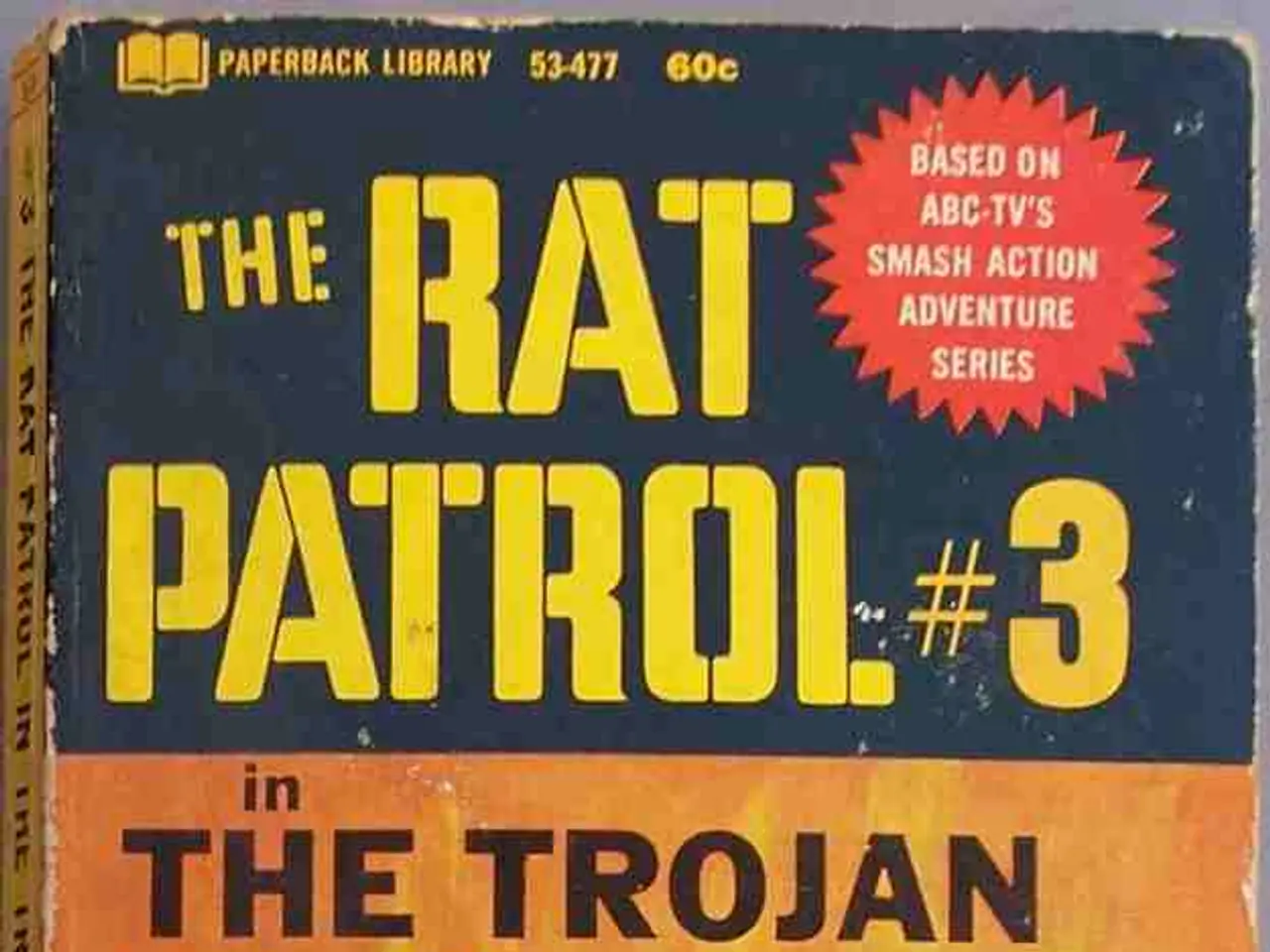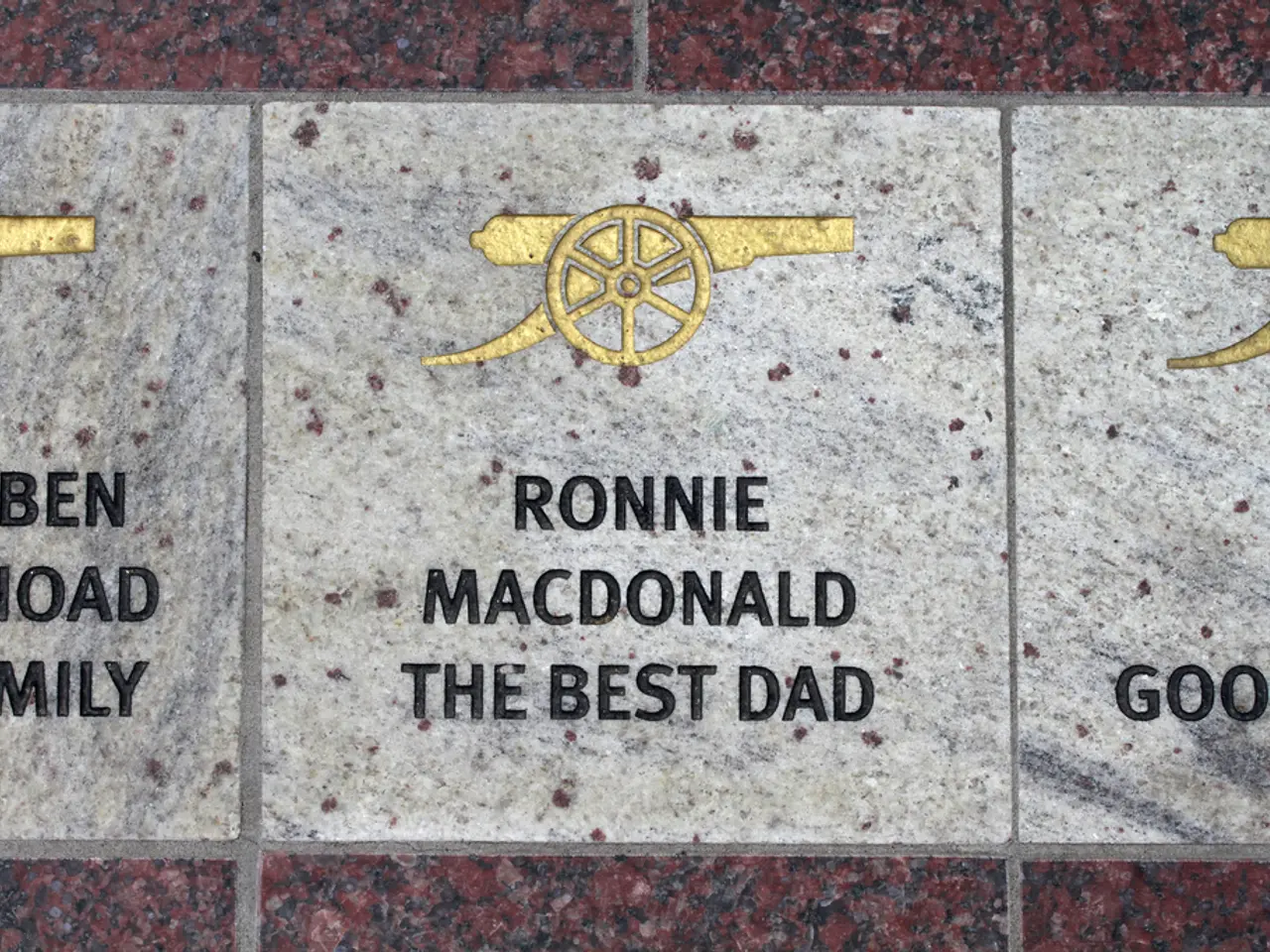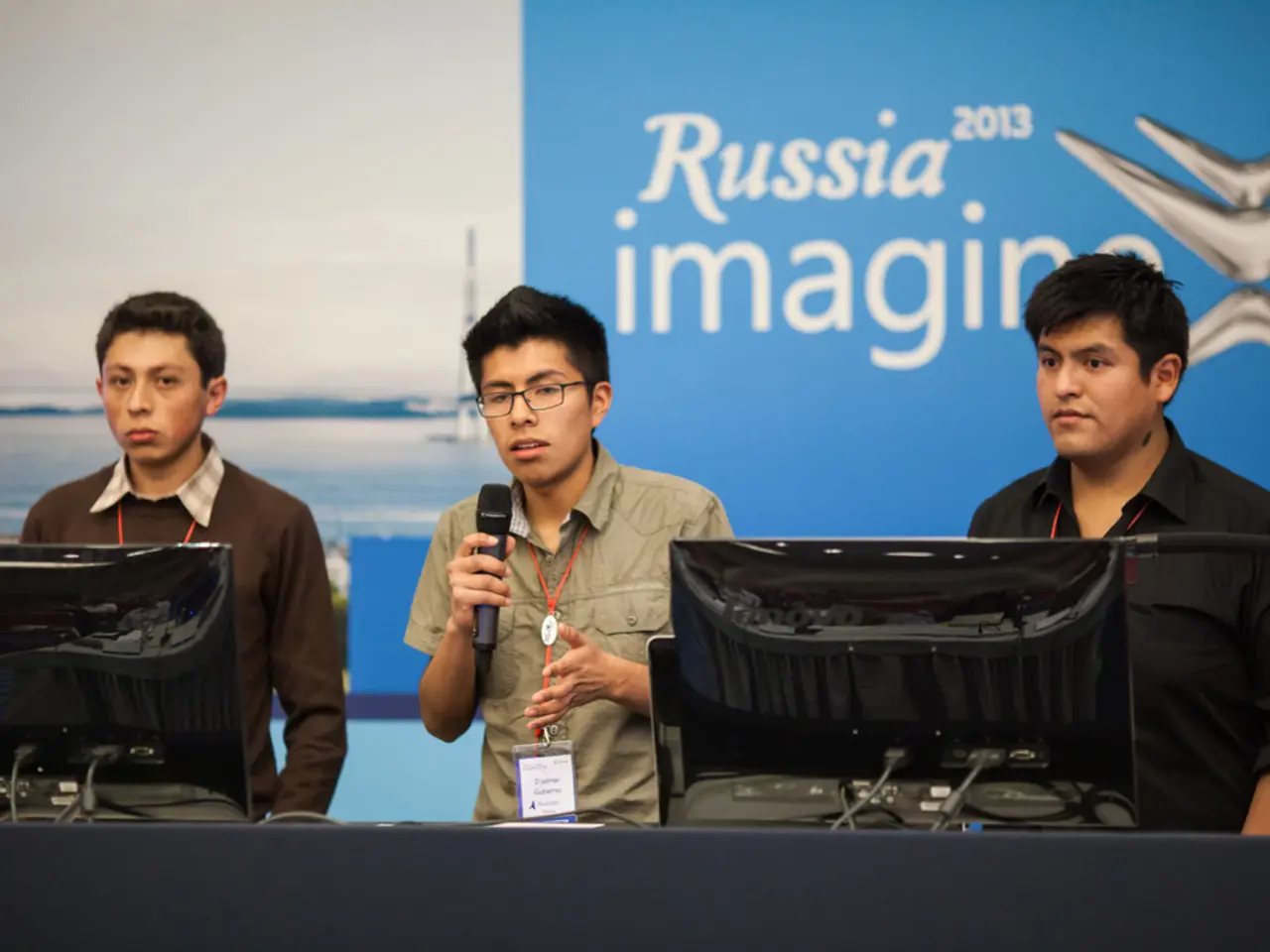Raging War - A Tense Standoff Between Israel and Iran
European officials engage in discussions with Iran regarding nuclear technology development
In the heart of Europe, Geneva plays host to a high-stakes diplomatic showdown. Germany's Johann Wadephul, France's Jean-Noël Barrot, and the UK's David Lammy, along with EU foreign policy chief Kaja Kallas, are meeting with Iranian Foreign Minister Abbas Araghtschi to defuse the tension between Israel and Iran. The goal is to persuade Iran to scale back its nuclear program and refrain from developing nuclear weapons.
The clock is ticking as US President Donald Trump decides on whether the US, as Israel's primary ally, will intervene in the escalating conflict within the next two weeks. Trump seems optimistic about negotiations with Iran in the near future.
While diplomatic efforts are underway, Israel and Iran continue their belligerent exchanges. Israel's air force strikes Iranian targets, including rocket production facilities and a research institute linked to Iran's "nuclear weapons project," causing damage that is difficult to verify independently. In retaliation, Iran fires drones towards Israel, injuring several civilians and causing damages to buildings.
As the US supports Israel's defense, Trump prefers to wield diplomacy where possible, demonstrating military might when necessary. He asserted, "The US military is the strongest in the world."
In preparation for the European negotiations with Iran, UK Foreign Minister Lammy met with US counterpart Marco Rubio in Washington. They agreed that Iran must never acquire nuclear weapons. French Foreign Minister Barrot also conferred with Rubio regarding the Middle East situation, pledging continuous cooperation.
Israel aims to prevent Iran from acquiring nuclear weapons and decimating its rocket arsenal, while Iran maintains its innocence and claims its nuclear program is purely peaceful. Israeli Prime Minister Benjamin Netanyahu remains steadfast in his resolve, expressing confidence in Israel's ability to strike Iran's key underground nuclear facilities without U.S. help, though experts believe Israel would rely on U.S. aid for a devastating attack on the Fordo complex.
Germany's Wadephul urged a united European and Arab action to de-escalate the situation, pressing Tehran to adhere to the Nuclear Non-Proliferation Treaty and disassociate itself from nuclear armament and ballistic missile programs threatening Israel and Europe.
Chancellor Friedrich Merz of Germany advised Israeli Prime Minister Netanyahu to seek diplomatic resolutions in a phone call, expressing concern for Israel's security and emphasizing the importance of halting Iran's nuclear program and ending the conflict.
Accusations from high-ranking former Iranian officials suggest that Iran has anticipated war since March. In anticipation, highly enriched uranium was relocated for safety before Israel launched a major attack. Israeli Defense Minister Israel Katz indicated that further symbols of Iran's power apparatus would be destroyed throughout the conflict, potentially weakening the regime.
Contrary to speculation, Israeli Prime Minister Netanyahu does not view regime change in Iran as an immediate war objective, instead attributing the matter to the Iranian people. Nevertheless, there is a possibility that war could inadvertently result in regime change.
Parallel discussions involving Qatari mediation between Iran and former US special envoy Steve Witkoff hint at ongoing US-Iran communication. Despite this, Donald Trump disparaged Europe's role, asserting that Iran prefers direct talks with the US rather than Europe.
The International Atomic Energy Agency (IAEA) unveiled that Iran had not fully disclosed its nuclear program on June 12, prompting Israel to attack Iranian targets. As a result, planned nuclear talks between Iran and the US, scheduled for June 15, were called off, introducing more uncertainty and tension into already strained relations.
Bonus Facts
- On June 17, after multiple European countries, including France and the UK, expressed concern over Trump's threatening statements toward Iran, White House Press Secretary Karoline Leavitt issued a clarification, stating that Trump's approach to Iran remained diplomatic and that he was open to negotiations[1].
- In a rare move, Israel indicated that it would cooperate with Germany in implementing a ceasefire and promoting a peaceful resolution if Germany proved influential[3].
- Mossad, Israel's intelligence agency, has reportedly been instrumental in gathering intelligence on Iran's nuclear program and uncovering its covert activities[4].
- The diplomatic showdown in Geneva, involving Germany, France, the UK, and EU foreign policy chief Kaja Kallas, is aimed at persuading Iran to scale back its nuclear program and refrain from developing nuclear weapons, which is a critical aspect of general news and politics.
- US President Donald Trump, as Israel's primary ally, is considering whether to intervene in the war-and-conflicts between Israel and Iran within the next two weeks. This decision, if affirmative, could significantly impact the ongoing war-and-conflicts in the Middle East, an area of high-stakes politics.




